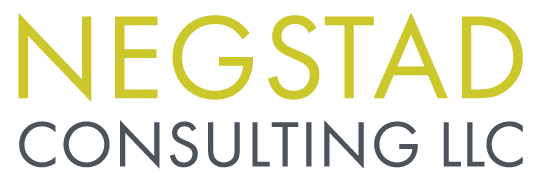5 Minutes on What Coaching Is And Is Not
Think of a time you really learned something.
When is a time you found yourself growing, increasing your self-understanding, or learning a complex skill?
When I think of the times I learned the most, there has usually been someone asking me good questions and walking alongside me.
Someone was coaching me.
Do you find that to be true in your reflection?
LET’S START OUR EXPLORATION OF COACHING BY EXAMINING WHAT COACHING IS NOT.
While as a supervisor you may wear any or all of these hats at different times, coaching is not:
Being a Boss: assigning work, delegating tasks, providing clear feedback, etc.
Being a Mentor: advising and offering support to help someone grow and develop their career
Being a Teacher: imparting knowledge and skills, or teaching someone how to think
“… many people confuse coaching with giving people advice. In practice, coaching is an empowering process where the coach asks rigorous questions and provides sacred space so people can discover their own creative solutions.”
Not only is a coach not there to give you advice, but they also don’t need to be wiser or more experienced. That paternalistic view of coaching needs to shift. Really, a coach is anyone that helps you learn, grow, and perform at your best.
HOW DOES A COACH HELP YOU LEARN, GROW AND PERFORM AT YOUR BEST?
It’s not by telling you what to do, solving your problems, or immediately offering advice. As a supervisor, you might sometimes offer ideas. You might even have an employee saying, “Just tell me what to do!”
But if you’re trying to infuse coaching into your dynamic, perhaps to improve organizational culture, your response can be, “I have some ideas, but first is it okay if I ask you some questions?”
We know that for an employee to grow, learn and flourish they need to be dynamically engaged and empowered to carry out their role. So we wait. We ask questions. We collaborate. We value healthy working relationships, not just getting the job done.
DID YOU KNOW THAT MOST OF US DON’T TAKE THE ADVICE WE’RE GIVEN ANYWAY?
The book “The Extraordinary Coach,” by Zinger and Stennet, tells us that one of the reasons we don’t take advice is:
“I had my own ideas, and I really wanted the other person to validate what I was thinking, not offer me something else to try.”
So what, exactly, does a coach do? How do you infuse coaching into your supervision?
Be Fully Present – remove distractions, check in with yourself on stress level and ability to focus. Being fully present takes self-awareness. You have to get to know your own strengths and know when you are likely to get emotionally activated.
Listen 80/20 – we should be listening 80% of the time in our supervisor role – this helps us tune in and then ask questions
Use Inquiry – focus on asking powerful questions when you are talking
SOMEONE WHO IS FULLY PRESENT, LISTENING, AND ASKING QUESTIONS IS “COACH-LIKE”.
As a supervisor, you can coach your employees. But using these three aspects of coaching works well for managing up the chain of command as well.
Next month we’ll get more into tips for each of these three aspects of coaching. In the meantime, I’d love to hear from you. Hit reply and let me know:
What strikes you as most challenging about coaching?
Who do you know that is coach-like?
Can you think of a situation at work that could use a coach approach?

